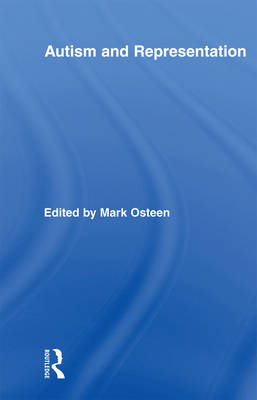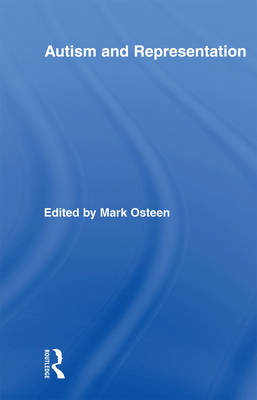
- Retrait gratuit dans votre magasin Club
- 7.000.000 titres dans notre catalogue
- Payer en toute sécurité
- Toujours un magasin près de chez vous
- Retrait gratuit dans votre magasin Club
- 7.000.0000 titres dans notre catalogue
- Payer en toute sécurité
- Toujours un magasin près de chez vous
Description
Autism, a neuro-developmental disability, has received wide but often sensationalistic treatment in the popular media. A great deal of clinical and medical research has been devoted to autism, but the traditional humanities disciplines and the new field of Disability Studies have yet to explore it. This volume, the first scholarly book on autism in the humanities, brings scholars from several disciplines together with adults on the autism spectrum to investigate the diverse ways that autism has been represented in novels, poems, autobiographies, films, and clinical discourses, and to explore the connections and demarcations between autistic and "neurotypical" creativity. Using an empathetic scholarship that unites professional rigor with experiential knowledge derived from the contributors' lives with or as autistic people, the essays address such questions as: In what novel forms does autistic creativity appear, and what unusual strengths does it possess? How do autistic representations--whether by or about autistic people--revise conventional ideas of cognition, creativity, language, (dis)ability and sociability? This timely and important collection breaks new ground in literary and film criticism, aesthetics, psychology, and Disability Studies.
Spécifications
Parties prenantes
- Auteur(s) :
- Editeur:
Contenu
- Nombre de pages :
- 316
- Langue:
- Anglais
- Collection :
Caractéristiques
- EAN:
- 9780415806275
- Date de parution :
- 01-03-09
- Format:
- Livre broché
- Format numérique:
- Trade paperback (VS)
- Dimensions :
- 152 mm x 229 mm
- Poids :
- 476 g







